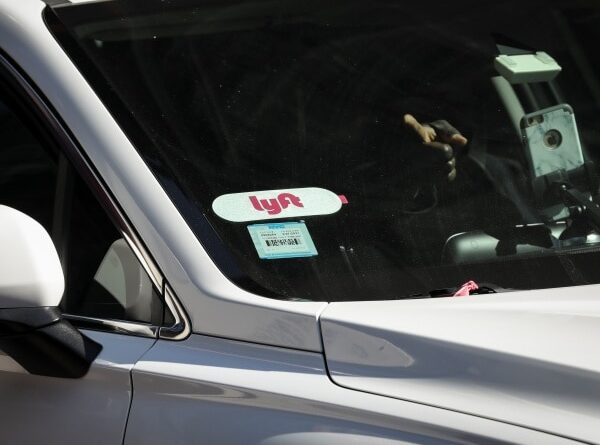Massachusetts Supreme Court to Review Gig Worker Ballot Measure Challenges
The highest court in Massachusetts is scheduled to review two ballot proposals in November that would impact the relationship between app-based companies like Uber Technologies and Lyft and their drivers. One proposal is supported by the industry while the other is backed by labor.
The Massachusetts Supreme Judicial Court will first hear arguments in a challenge brought by labor groups against a ballot proposal supported by the industry. This proposal would ask voters to confirm that drivers for these companies are independent contractors rather than employees, entitled to certain new benefits.
The court will then hear a challenge from a conservative think tank against a proposed ballot measure backed by the Service Employees International Union’s Local 32BJ. This measure would seek to allow Uber and Lyft drivers to unionize.
Studies have shown that using contractors can save companies up to 30% compared to using employees. A win for the companies in the ballot could encourage similar measures in other states with pro-employee laws, according to labor activists.
Uber, Lyft, Instacart, and DoorDash have invested significant funds to support the ballot proposal that would solidify their drivers’ status as contractors under state law.
The proposal by Flexibility and Benefits for Massachusetts Drivers, supported by the four companies, would not only establish an earnings floor for app-based drivers but also provide healthcare stipends, insurance, and paid sick time.
In a previous ruling, the court blocked a similar industry-backed ballot measure due to an unrelated proposal. To cover all bases, Flexibility and Benefits for Massachusetts Drivers is preparing five versions of the current ballot question, with only one going before voters in November.
Uber and Lyft are also facing a trial on May 13 in a civil lawsuit filed by the state in 2020. The state is challenging the companies’ classification of drivers as contractors instead of employees.
If Uber and Lyft lose the trial and the ballot measure fails, they may have to cease operations in Massachusetts. If the ballot measure passes but the state wins the trial, the companies could face penalties for past misclassification of their drivers.
© 2024 Thomson/Reuters. All rights reserved.
